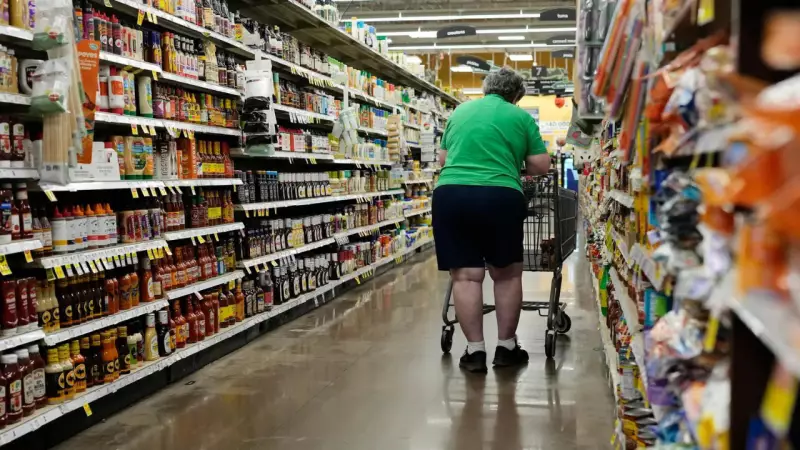
In a sweeping policy change that has left millions of Americans facing food insecurity, recent data analysis reveals the staggering impact of SNAP benefit reductions under the previous administration. The numbers tell a concerning story: approximately 42 million individuals across the United States have seen their nutritional assistance dramatically reduced or eliminated entirely.
Who Bears the Brunt? Vulnerable Populations Exposed
The statistical breakdown paints a troubling picture of which Americans are most affected by these cuts. The data indicates that certain demographic groups are disproportionately bearing the burden of these policy changes:
- Low-income families with children facing reduced school meal programs
- Senior citizens on fixed incomes who rely on supplemental nutrition
- Working poor households where employment doesn't cover basic food needs
- Disabled individuals dependent on assistance programs
- Rural communities with limited access to affordable food options
The Human Cost Behind the Statistics
Beyond the overwhelming numbers lies the real human impact. Food banks and charitable organizations across the country report unprecedented demand as families struggle to bridge the nutritional gap created by these benefit reductions. Many households now face impossible choices between paying for utilities, medication, or putting food on the table.
"The scale of this reduction in food assistance is unprecedented in modern American history," notes a public policy analyst familiar with the data. "We're seeing families who were previously food-secure suddenly facing hunger for the first time in their lives."
Regional Disparities in Food Aid Cuts
The impact varies significantly across different states and regions, with areas already experiencing economic challenges hit particularly hard. Southern states and rural communities show the highest percentages of residents affected by SNAP reductions, exacerbating existing economic disparities.
Looking Forward: The Ongoing Debate
This dramatic shift in nutritional assistance continues to fuel political debates about social safety nets and government responsibility. As Congress considers future food assistance policies, advocates point to this data as evidence of the critical role SNAP plays in preventing widespread hunger.
The conversation around food security in America has taken on new urgency as policymakers, community organizations, and affected families grapple with the long-term consequences of these substantial benefit reductions.





